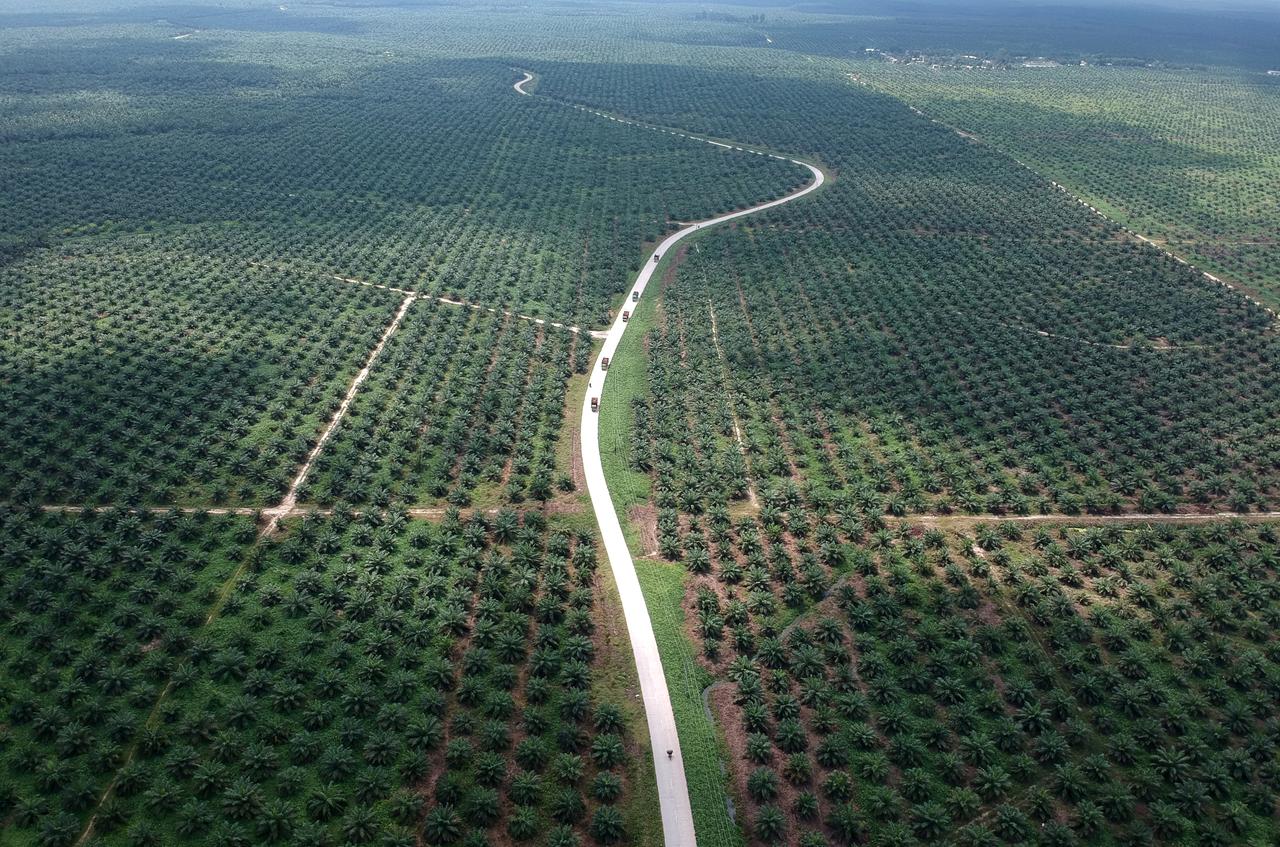Indonesia to continue IEU-CEPA talks despite friction over leaked document
Jakarta Post | 13 November 2019
Indonesia to continue IEU-CEPA talks despite friction over leaked document
by Adrian Wail Akhlas, Rizki Fachriansyah, Made Anthony Iswara and Dian Septiari
Indonesia will continue the ongoing negotiations on economic and trade partnership with the European Union despite a fresh spat following a leaked document about the EU’s plan to exclude biofuels derived from palm oil by 2021.
Negotiations on the Indonesia-EU Comprehensive Economic Partnership Agreement (IEU-EEPA) would continue as scheduled, so that the talks could be concluded by the end of this year, Trade Ministry international trade negotiations director general Iman Pambagyo said in Jakarta on Tuesday.
"We are hoping to seal the deal next year; that is our target," Iman told The Jakarta Post, adding that Indonesia and the EU had held eight rounds of negotiations on the EU-CEPA.
However, the government will, at the same time, review a chapter on sustainable development in the IEU-CEPA draft, according to an official letter sent by Deputy Foreign Affairs Minister Mahendra Siregar to European Trade Commissioner Cecilia Malmström.
Mahendra argued that the EU Renewable Energy Directive (RED) II-Delegated Act leak, recently posted on the Palm Oil Monitor website, indicated the EU’s intention to further discriminate against palm oil products.
Meanwhile, the government still plans to file a case against the EU and its renewable energy directive with the World Trade Organization sometime this month, according to Iman.
The exposé combs through several internal documents, including a hand-signed legal advice from EU Commission Director General for Trade Jean Luc Demarty to Director General for Energy Dominique Ristori regarding the European Parliament’s (EP) proposal to exclude biofuels and bioliquids derived from palm oil but not from other vegetable oils from the RED II’s scope by 2021.
In the document, Luc Demarty assessed the possible implications of such a proposal in terms of compatibility with WTO rules and trade policy.
“From a trade policy perspective, the EP proposal raises substantive concerns, in terms both of compatibility with the EU’s obligations in the WTO and of trade relations with palm oil-producing countries,” Luc Demarty noted in the letter dated March 23, 2018.
“Broader impacts on trade relations could also be expected, notably with regard to the possible adoption by palm oil-producing countries of retaliatory measures against EU products or risk jeopardizing the negotiations for [free trade agreements] with Indonesia and Malaysia.”
Palm Oil Monitor has since deleted the link to the leaked document, which was also included in Mahendra’s letter. However, the website reposted the exposé on Oct. 22 in a post titled “EXPOSED: Internal EU Documents Reveal Brussels’ ‘Need to Know’ Strategy on Palm Oil”.
“We do not comment on leaked documents and information,” said EU Ambassador to Indonesia Vincent Piket upon being contacted by the Post.
The leaked documents might put a strain on the already tenuous relationship between Indonesia and the EU, especially on the subject of palm oil, as EU had in March to completely phase out palm oil imports by 2030. The EU considers palm oil a high-risk vegetable oil because of deforestation and health concerns.
The European Commission also slapped temporary duties of 8 percent to 18 percent on imports of biodiesel in August over allegations that palm oil companies received various incentives and special subsidies from the Indonesian government.
According to the Indonesian Palm Oil Association (GAPKI), the upstream and downstream palm oil sector employs more than 15 million people, involves about 4 million smallholders and generates US$20 billion in exports that contribute 1.5 to 2.5 percent to the gross domestic product.
GAPKI chairman Joko Supriyono said the government had to push for the IEU-CEPA trade negotiation to strengthen trade between Indonesia and the EU.
Joko said the EU ban had yet to impact the palm oil industry significantly, as the regulation was set to take effect in 2021. “We must, however, be aware that the EU could be an influencer of other countries.”
Separately, John Cabot University of Rome lecturer Pietro Paganini claimed the global campaign against palm oil was a strategy by the EU to protect its vegetable oil industry.
“We need to realize that the anti-palm oil campaign implemented by the EU is a protectionist stance to support its farmers,” Paganini, who is also a vegetable oil expert, told the Post recently.
He said the campaign had created among many Europeans a negative view on palm oil regarding its impact on public health. “This has led to a fall in palm oil demand by up to 3.6 percent per year despite a study showing that palm oil fats are no different from other vegetable oils.”
He added that moving away from palm oil would lead to further environmental destruction, as other vegetable oils were inferior to palm oil crops. “This condition could lead to a decrease in global forest lands.”






